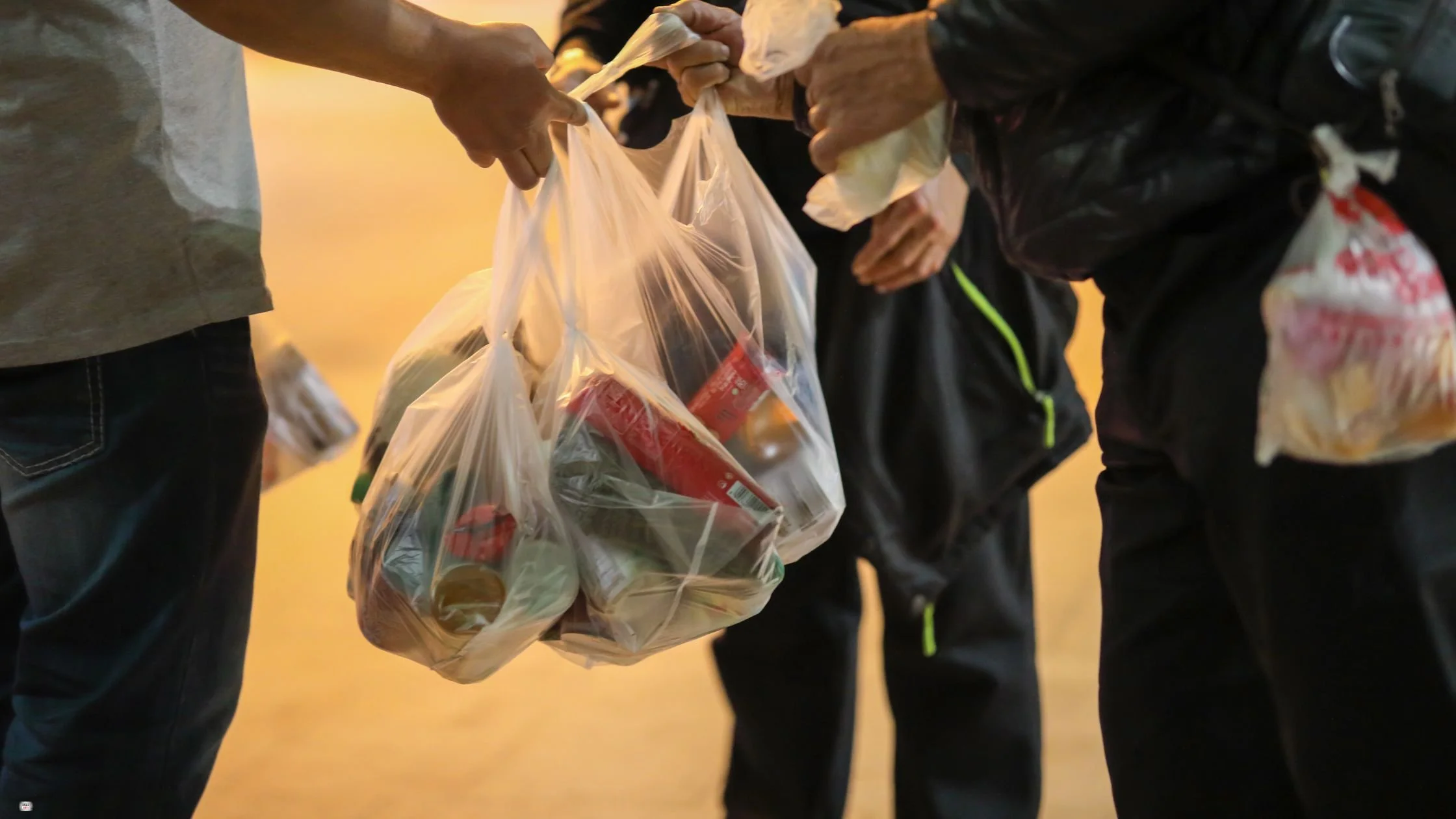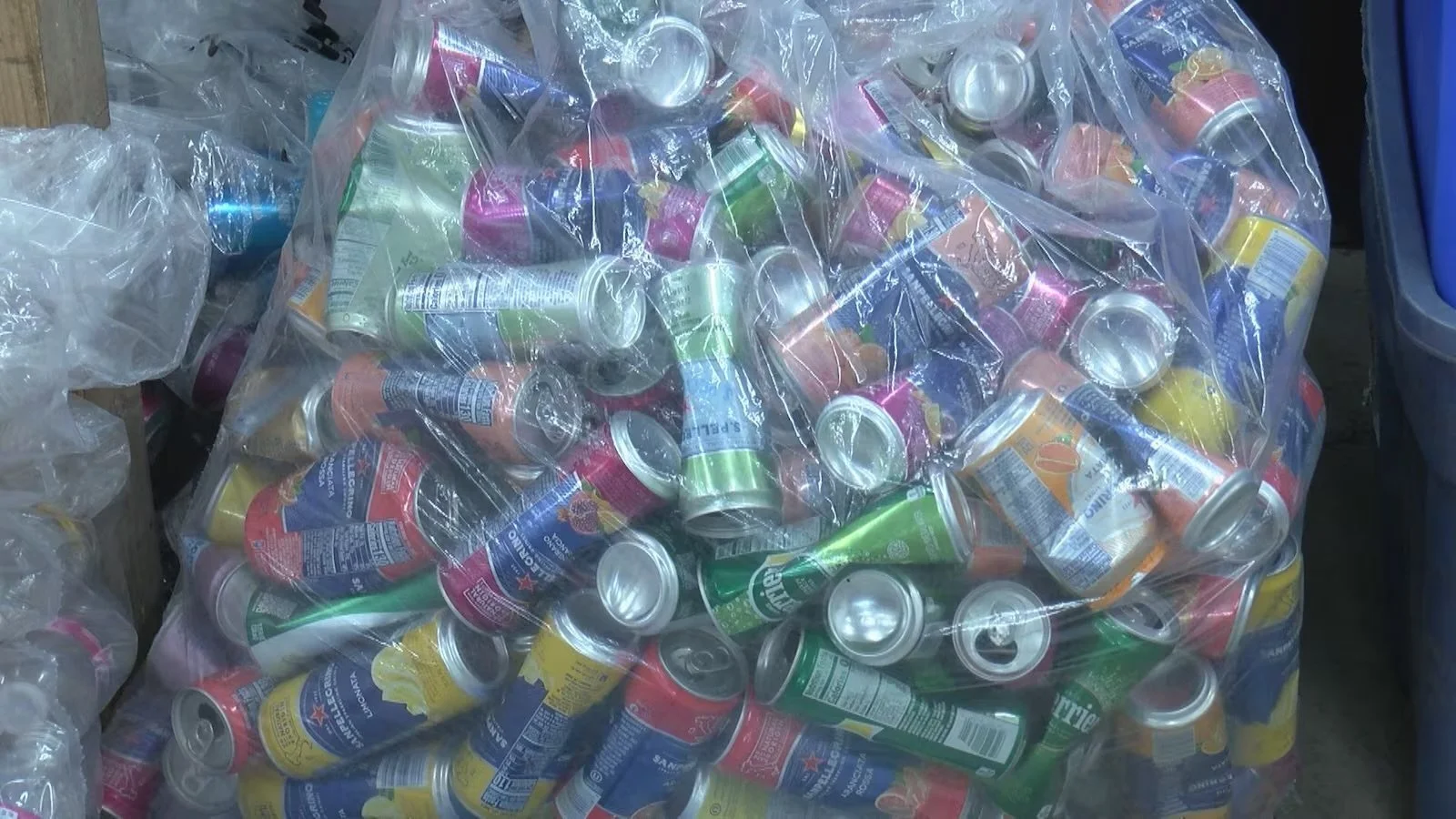NWCC Advocacy: Bottle Bill Reform Update
Progress is Being Made with Senate Bill 992
As an advocate for reforming Oregon’s Bottle Bill to stop cash payments from being used to fuel drug selling and use in Oregon (remember, this was supposed to be an environmental law!), there is progress being made. Thanks to State Senator Janeen Sollman and the Oregon Grocers’ Association (with whom I have been working), SB 992 has passed the House and Senate by impressive margins and now sits in the Governor’s office for signature.
This bill takes us part of the way toward removing cash from the redemption system while helping stores better manage the process.
Senate Bill 992 includes:
1. Establishing a Central City redemption site run by the People’s Depot, an existing organization, likely sited in the Central Eastside district. This will allow Grocers within 3.5 miles of the proposed site to opt out of accepting bottle returns for a fee, which will be used to fund the new central redemption site. If they accept bottle returns, it will limit the hours of acceptance (from 8 am to 8 pm) and the number of bottles/cans redeemed at the retail site (convenience stores would take 24 vs. 50 daily currently).
2. Grocery store operators can implement the green bag program (payment to the person returning bottles/cans) and the blue bag program (payment goes to a non-profit) without counting on-site, with the bags being sent to the redemption center for counting and crediting to the designated account of the party receiving payment. This would be a non-cash transaction.
While our goal was to eliminate all cash from the system, this would be a crucial step toward removing this messy receiving and counting process from our stores and significantly reducing cash payments at the store level.
We encourage the Governor to quickly sign this important legislation, which helps our stores and our communities and reduces cash from getting into the hands of drug users and dealers. Better enforcement of drug laws, increased penalties for dealers, and ensuring the central redemption site has adequate security and controls to prevent it from impacting its surrounding neighborhoods should all be tracked to understand the impact and success of SB 992.
Ken Thrasher, NWCC Board Chair
Read more about NWCC’s advocacy efforts and the impact on our Pearl District community on the NWCC News:
NWCC Board Member and Former Fred Meyer CEO Ken Thrasher Interviewed by KOIN about the Bottle Bill
OPB/Four Perspectives on Oregon’s Landmark Bottle Bill
NWCC Board Chair Ken Thrasher Responds to Bottle Redemption Temporary Suspension
FAQs About the History of Oregon’s Iconic Bottle Bill
Q: When did Oregon pass the first Bottle Bill—and why is it such a big deal?
A: Oregon made history on July 2, 1971, by passing the nation’s first Bottle Bill, thanks to Governor Tom McCall’s environmental leadership. The goal? Cut down on roadside litter and encourage recycling—a bold move that helped define Oregon’s environmental identity.
Q: Was Oregon really the first to come up with this idea?
A: Close! British Columbia passed a returnable-container law in 1970, just ahead of Oregon. But Oregon was the first U.S. state to implement a bottle deposit law—and it became a model for states across the country.
Q: What types of drinks were covered under the original law?
A: Only carbonated beverages like beer and soda were included at first, because those were the biggest litter culprits along Oregon highways in the 1970s.
Q: Did beverage companies try to stop the bill from passing?
A: Absolutely. The 1971 Bottle Bill was one of the most lobbied bills in Oregon history. Despite intense opposition from national beverage and container industries, it passed with wide bipartisan support.
Q: Why are plastic bottles included today if they weren’t around back then?
A: In 1971, PET (a strong, lightweight plastic commonly used to make beverage bottles and food containers) didn’t exist! But Oregon’s law was flexible enough to evolve. Once plastics became common in the 1980s, they were seamlessly added, helping jumpstart post-consumer plastics recycling in the U.S.
Q: Why did Oregon increase the bottle deposit to 10 cents?
A: A nickel in 1971 is worth nearly 30 cents today! As return rates fell, Oregon linked the deposit amount to performance. When redemption dipped below 80%, the law triggered an increase to 10¢, which took effect in 2018.
Q: Who actually handles all those bottle returns now?
A: That’s the job of the Oregon Beverage Recycling Cooperative (OBRC), created in 2009. They run a statewide network of drop-off and BottleDrop centers to make recycling easier and more efficient.


